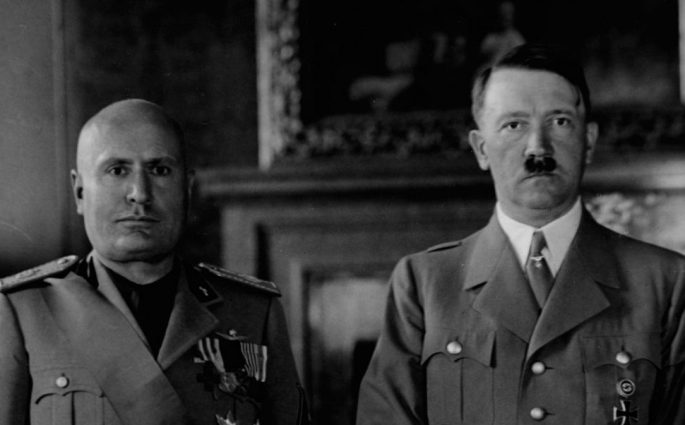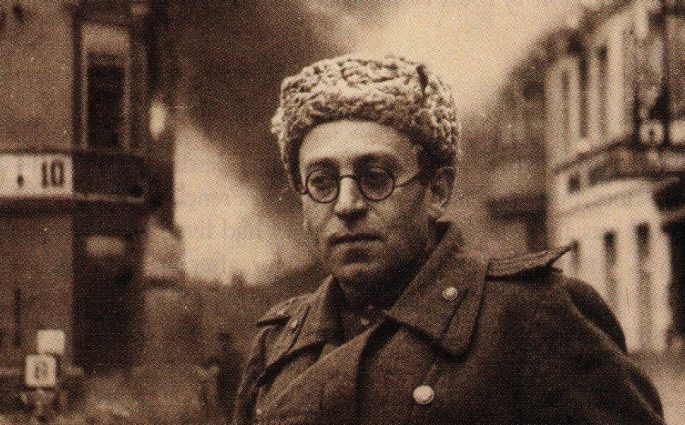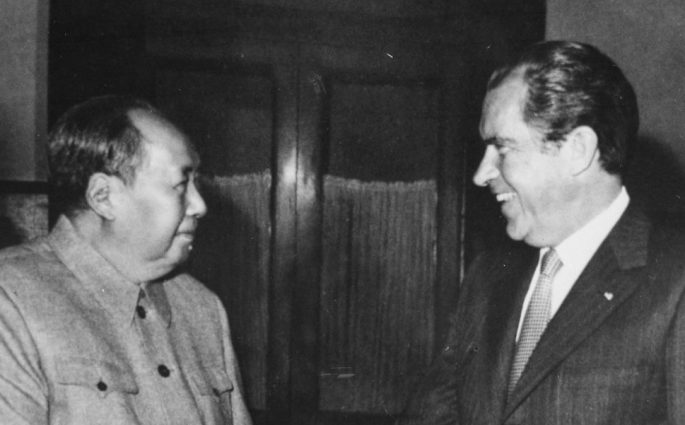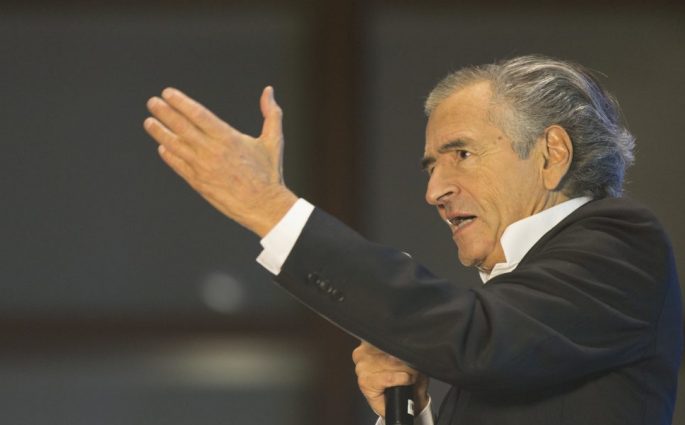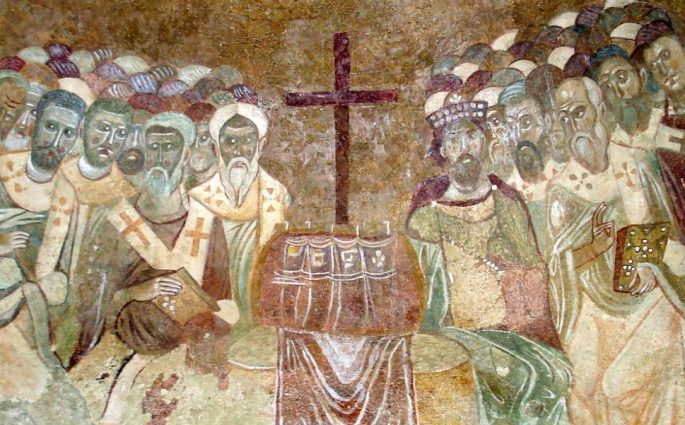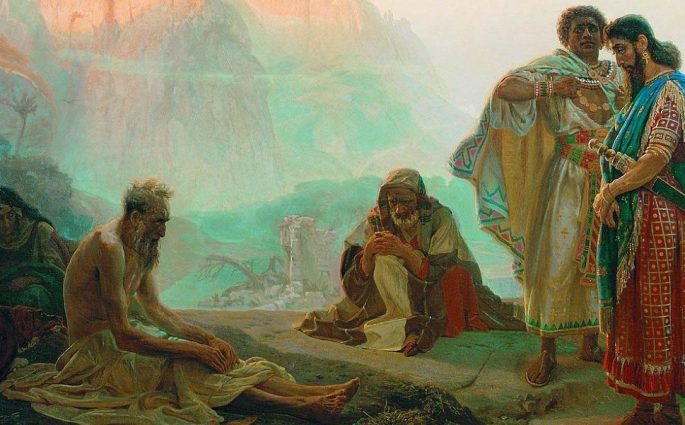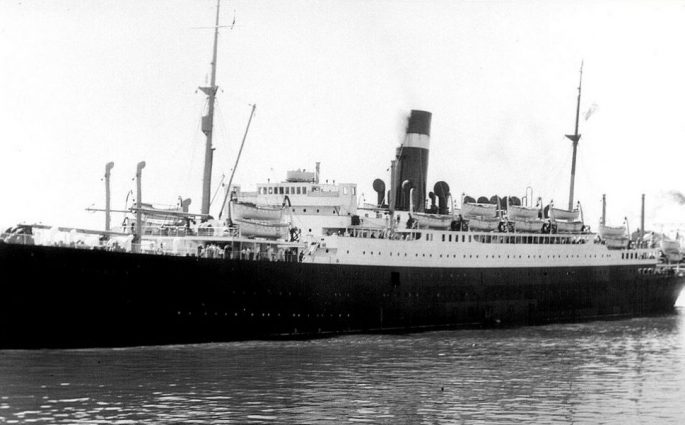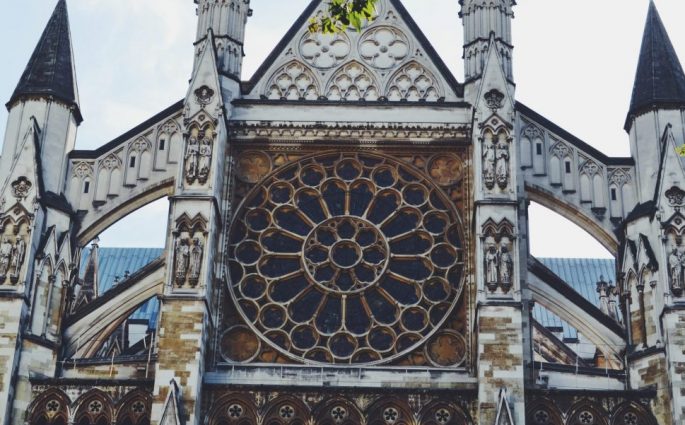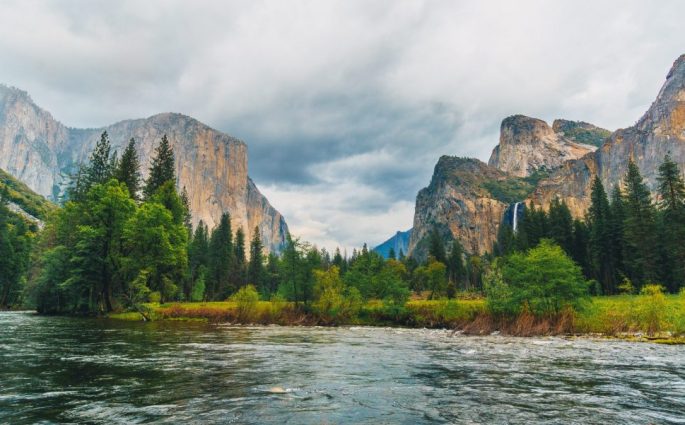The Meetings of Mussolini and Hitler
Christian Goeschel— The meetings between Mussolini and Hitler were robust projections of an aggressive challenge to the Wilsonian post-war order. The Fascist and Nazi regimes defied lurking tensions to promote a powerful image of unity, a unity symbolised by the dictatorial friends meeting amidst their peoples – in marked contrast

